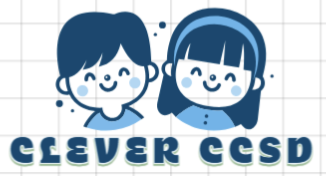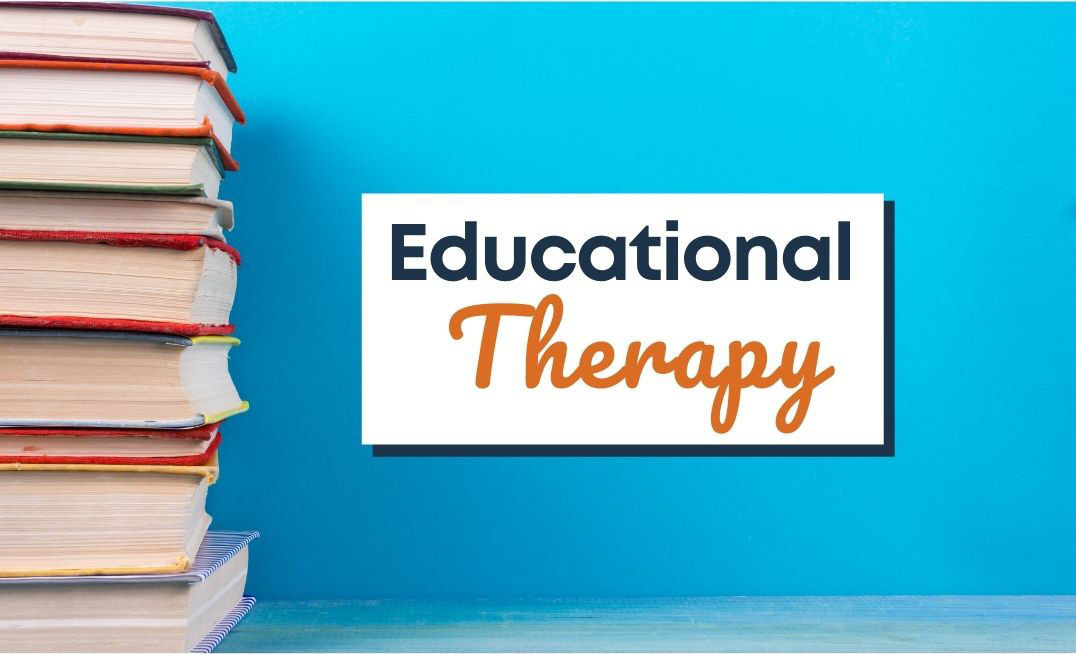Educational therapy is often misunderstood as a service solely for students with severe learning disabilities. However, its scope and benefits extend far beyond this narrow view. Educational therapy is a dynamic, personalized approach that supports a wide range of learners—those with diagnosed learning differences, students struggling with executive function, and even high-achieving students who want to refine their learning strategies. Its adaptability makes it a valuable tool in addressing the diverse academic and emotional needs of today’s students.
What Is Educational Therapy?
Educational therapy combines elements of teaching and psychological support to help learners overcome academic challenges. Unlike traditional tutoring, which often focuses strictly on subject matter, educational therapy digs deeper into how a student learns. It takes into account cognitive, emotional, and behavioral patterns that impact learning. Educational therapists are trained to assess learning styles, identify gaps, and develop individualized interventions that foster both academic growth and self-confidence.
Who Can Benefit?
1. Students with Learning Differences
This is the most recognized group who benefit from educational therapy. Learners with dyslexia, ADHD, dyscalculia, and other specific learning disorders often need tailored approaches that mainstream classrooms cannot provide. Educational therapy gives them tools to work with their unique brains, promoting independence and reducing frustration.
2. Students with Executive Function Challenges
Executive function skills—such as time management, organization, and task initiation—are critical for academic success but are often underdeveloped in many students. Educational therapy helps build these skills explicitly, teaching strategies for planning, prioritizing, and self-monitoring.
3. Gifted and Twice-Exceptional (2e) Students
Gifted students are not immune to learning challenges. In fact, twice-exceptional learners (those who are gifted but also face learning differences) can be particularly underserved. Educational therapy helps these students leverage their strengths while addressing their challenges in a balanced and supportive way.
4. Students Facing Temporary Academic Setbacks
Life circumstances—such as illness, family issues, or school transitions—can disrupt learning. Educational therapy offers short-term, focused support to help students regain confidence, develop coping strategies, and re-engage with learning.
5. Students Seeking Academic Enrichment
Even students without obvious struggles can benefit. Educational therapy can introduce advanced organizational strategies, metacognitive awareness, and critical thinking skills that elevate academic performance. It’s about optimizing potential, not just fixing problems.
A Whole-Child Approach
One of the defining features of educational therapy is its focus on the whole child. Learning is deeply connected to emotional regulation, self-esteem, and resilience. Educational therapists build strong, trusting relationships with students, creating a safe space to explore frustrations, celebrate progress, and cultivate a growth mindset. This holistic support often results in improved academic outcomes and greater emotional well-being.
Conclusion
Educational therapy is not a one-size-fits-all solution—it’s a flexible, personalized approach that can adapt to a wide variety of learner needs. Whether a student is struggling, thriving, or somewhere in between, educational therapy offers the tools, strategies, and support to unlock their full potential. In a world where learning challenges and academic pressures are increasingly complex, this form of targeted, empathetic intervention is more relevant than ever.



